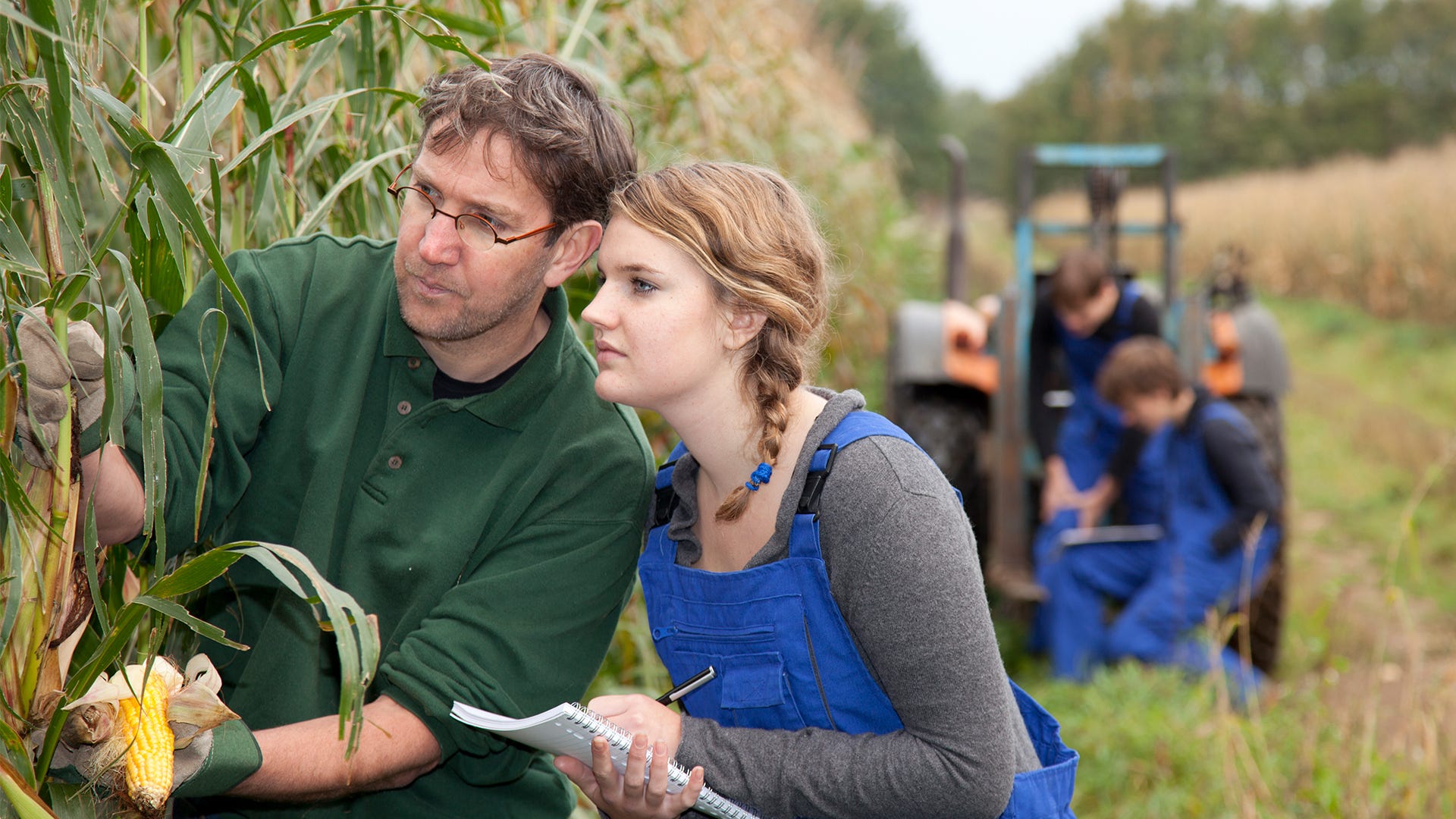Agriculture education is important because it helps to develop a skilled workforce for the farming industry and promotes sustainable practices for food production and environmental stewardship. Introduction (123 words) Agriculture education plays a crucial role in shaping the future of farming by equipping individuals with the necessary skills and knowledge to contribute to the industry’s growth and sustainability.
Providing comprehensive agricultural education has become increasingly important in recent times as the global population continues to rise, placing greater demand on food production systems. By educating individuals about the principles and practices of agriculture, we ensure the availability of a skilled workforce capable of meeting the evolving challenges faced by farmers.
Moreover, agriculture education fosters an understanding of sustainable practices that promote environmental conservation, resource management, and responsible farming techniques. This knowledge empowers individuals to make informed decisions about food production, ensuring the long-term viability of our agricultural systems and supporting the global goal of achieving food security.
Boosting Agriculture Knowledge For A Sustainable Future
| Boosting Agriculture Knowledge for a Sustainable Future |
| Agriculture education plays a crucial role in enhancing agricultural techniques and practices. It equips individuals with the necessary knowledge and skills to improve farming methods and maximize yields. By providing education on sustainable agricultural practices, farmers can better understand the importance of environmental conservation. They learn how to minimize the use of harmful chemicals, adopt organic farming methods, and implement effective land management strategies. This knowledge promotes efficient use of resources, like water and energy, resulting in more sustainable farming systems. Moreover, agricultural education also helps farmers stay updated with the latest advancements in technology and research, enabling them to utilize innovative approaches for improved productivity. With increased agricultural knowledge, individuals can contribute towards building a resilient and sustainable future for the farming community and the planet as a whole. |

Credit: thistledownsfarm.com
Nurturing Young Minds In Agriculture
Early exposure to agriculture: Introducing young minds to agriculture from an early age is crucial. This early exposure helps children develop an understanding and appreciation for the field. It educates them about the importance of cultivating food, caring for animals, and maintaining a sustainable environment. Moreover, it fosters a sense of responsibility towards the earth and its resources.
Motivating youth towards agricultural careers: Agriculture is a diverse and essential sector that offers numerous career opportunities. Motivating young individuals to pursue agricultural careers not only helps them find meaningful employment but also addresses the growing need for skilled professionals in the industry. By highlighting the benefits and potential of a career in agriculture, we can inspire a new generation to contribute their skills and knowledge to this field.
Encouraging innovation in farming: The field of agriculture is constantly evolving, and innovation plays a crucial role in its development. Encouraging innovation in farming practices can lead to advancements in crop yield, environmental sustainability, and resource management. By embracing new technologies, techniques, and ideas, we can enhance productivity, efficiency, and profitability in the agricultural sector.
Building Strong Rural Communities
In today’s fast-paced world, agriculture education plays a crucial role in building strong rural communities. It not only contributes to strengthening local economies but also empowers farmers and rural entrepreneurs. The knowledge and skills gained through agriculture education enable individuals to make informed decisions, implement sustainable practices, and optimize productivity in the agricultural sector. By promoting efficient farming methods, it enhances the overall agricultural output, leading to increased income and improved living standards for rural communities. Additionally, agriculture education equips individuals with the tools to address food security challenges, ensuring a constant and reliable food supply for the growing population. Therefore, investing in agriculture education is vital for the sustainable development and prosperity of rural communities, as it fosters economic growth, entrepreneurship, and food security.
Connecting Agriculture With The Global Market
Connecting Agriculture with the Global Market
Agriculture education plays a crucial role in bridging the rural-urban divide and connecting agricultural practices with the global market. By providing farmers with access to knowledge and resources, it expands opportunities for international trade and promotes agricultural innovation worldwide. Through practical training and education, farmers gain a better understanding of global market demands, production techniques, and trade regulations. This empowers them to meet the requirements of international consumers and capitalize on market opportunities. Additionally, agricultural education fosters entrepreneurship skills, encouraging farmers to diversify their products and explore new markets. By equipping farmers with the right skills and knowledge, agricultural education enhances the competitiveness of the agricultural sector on a global scale.
Conclusion
In this ever-evolving world, the importance of agriculture education cannot be overstated. It equips individuals with the knowledge and skills to sustainably tackle the challenges faced by the agricultural industry. By fostering a deep understanding of farming practices, resource management, and modern technologies, agriculture education paves the way for innovation and sustainability.
It empowers individuals to contribute to food security, economic growth, and environmental preservation. Ultimately, investing in agriculture education is not only imperative for the future of the agricultural sector, but also for the overall well-being of society.







